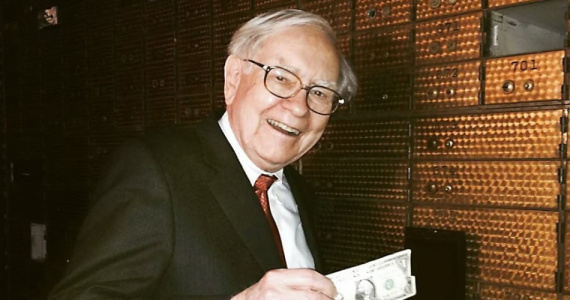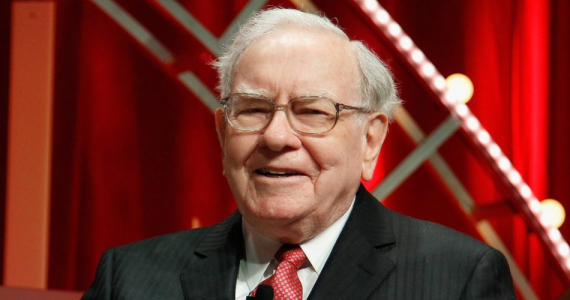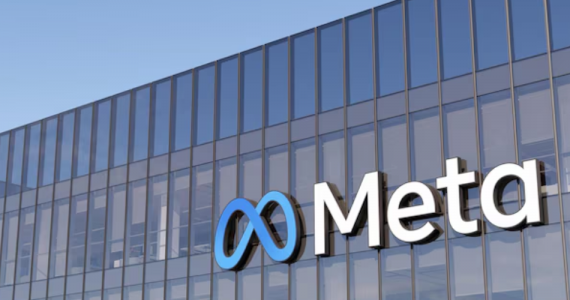Warren Buffett, long known as the “Oracle of Omaha,” surprised Wall Street with his sudden decision to retire as CEO of Berkshire Hathaway. At 95, Buffett still displayed sharp insight during the company’s annual meeting, making the move even more unexpected.
Veteran analyst Meyer Shields admitted he was stunned, noting that Buffett often emphasized his desire to stay in charge for as long as possible. To Shields, this wasn’t just a job—it had been Buffett’s life’s work. His decision to step down appeared deliberate, signaling a choice to leave on his own terms while preserving his legacy.
Greg Abel Takes the Helm
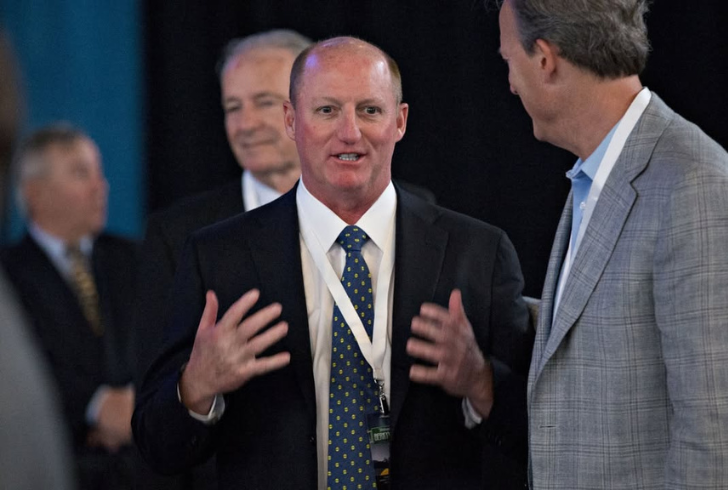
With Buffett stepping aside, Greg Abel will now guide Berkshire Hathaway through its next chapter. Analysts expect some notable changes under his leadership.
1. Dividends Likely Ahead
Berkshire holds a record $344 billion in cash. Shields believes it’s time for shareholders to see direct returns through a dividend. For decades, Buffett avoided this, preferring that investors decide how to use their income. Abel may choose a different path.
2. Cultural Shifts Possible
Employee loyalty often tied directly to Buffett’s leadership. With Abel stepping in, some staff may reconsider their long-term commitment.
3. Increased Market Scrutiny
Wall Street and financial media once treated Buffett with unique reverence. Without him at the helm, Berkshire could face sharper questioning.
Will Abel Manage Differently?
Some Buffett watchers predict Abel could become more hands-on with Berkshire’s subsidiaries. But Shields doubts this shift will occur. Buffett built the conglomerate on a decentralized structure, allowing managers autonomy while he focused on capital allocation.
Shields warned that if Abel interferes too much, Berkshire’s reputation as a hands-off acquirer could suffer. Business owners may hesitate to sell their companies to the group if they fear changes in management style. For now, Abel is unlikely to push dramatic reforms, especially as Buffett remains chairman.
Disclosure and Transparency Challenges
Beyond leadership style, Shields also called attention to Berkshire’s financial reporting. Compared to insurance peers, Berkshire’s disclosures are harder to understand and often lack detail.
He predicted that without Buffett’s presence, the company may face mounting pressure to align with industry norms. Improved transparency could strengthen investor confidence and offer reasons beyond Buffett’s legacy to hold the stock.
The Human Factor Behind the Stock
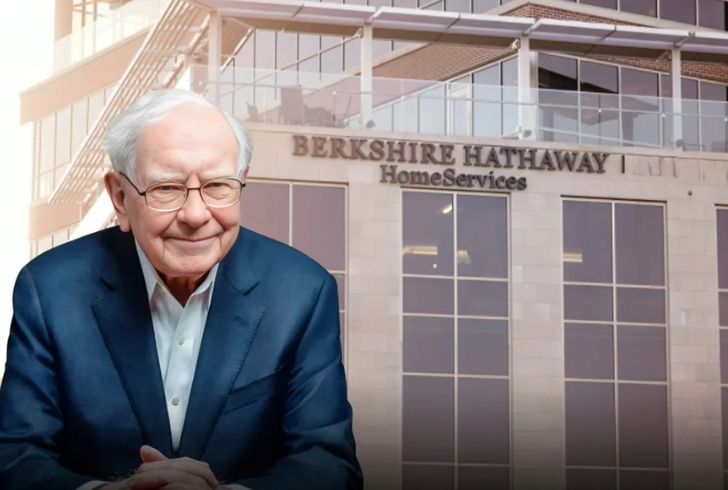
Berkshire Hathaway’s identity has always been tied to Buffett. Many investors bought shares because of his reputation and long-standing track record. While Abel brings credibility, he does not carry the same legendary status.
This shift raises critical questions:
1. Will investors maintain the same trust in Berkshire under Abel?
2. Can Abel uphold the decentralized model without weakening confidence?
3. Will the company’s culture endure, or will it gradually reshape itself?
A New Era for Berkshire Hathaway
Warren Buffett’s retirement marks the end of an era that defined modern investing. His disciplined approach, steady leadership, and unmatched influence shaped not only Berkshire but also global markets.
Greg Abel now steps into a role with immense responsibility. Expectations remain high. Shareholders want dividends. Analysts demand clarity. Employees look for stability. The financial world watches closely, ready to judge every move.
What’s clear is that Berkshire Hathaway has entered a new chapter—one that will test the resilience of Buffett’s legacy and reveal whether Abel can write a history of his own.



